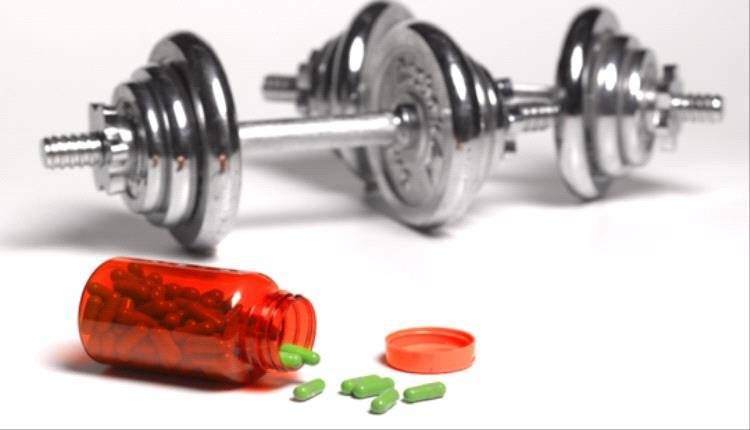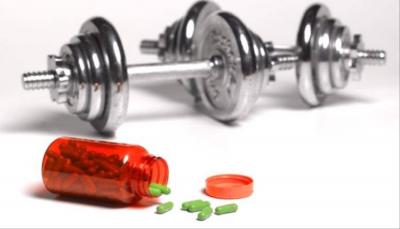Scientists in the United States claim they have managed to combine some health benefits of exercise into a single pill. Initial experiments on mice revealed that the drug, named SLU-PP-332, stimulates the natural metabolic pathway typically activated by physical activity. It enhances muscle function, fitness, and endurance when administered daily to mice. The lead researcher and chemist, Baha Jandi, from the University of Washington, believes that if the research team can successfully target the same metabolic pathway in humans, it could lead to the development of treatments for certain diseases, such as neurodegenerative disorders and heart failure.
Physical activity stimulates various metabolic pathways that can improve human health in numerous ways, but one pathway with impressive health benefits is characterized by its activation of estrogen-related receptors (ERRs). These receptors are found in muscle, heart, and brain tissues, where they regulate a wide range of genes associated with metabolism, immunity, inflammation, balance, growth, cell growth, and reproduction. Researchers from the University of Florida (UF) and Washington University in St. Louis have worked on developing a version of the ERR drug for several years, focusing on three different types of ERR.
In previous experiments, Jandi and his colleagues showed that administering the developed version, SLU-PP-332, to mice increased the fatigue-resistant muscle fiber type in their bodies, resulting in improved endurance on treadmill devices, allowing them to run longer. Subsequent experiments found that mice receiving SLU-PP-332 twice daily for a month gained ten times less fat than untreated mice, despite continuing to consume the same amount of food. Pharmacist Thomas Boris from UF explained, "When the mice are treated with the drug, the body's metabolism shifts to using fatty acids, similar to what the human body uses during fasting or exercise, leading the rodents to lose weight."
This doesn't mean that SLU-PP-332 is a perfect substitute for exercise, but it appears to stimulate a molecular pathway that transmits many of the benefits of exercise to the heart, brain, and kidneys. Jandi stated at the Spring 2024 American Chemical Society meeting after presenting the results, "Many people cannot exercise, and a pill could be very useful in simulating or enhancing the effects of exercise for aging individuals, those with certain illnesses, or those experiencing muscle loss from using other medications."




